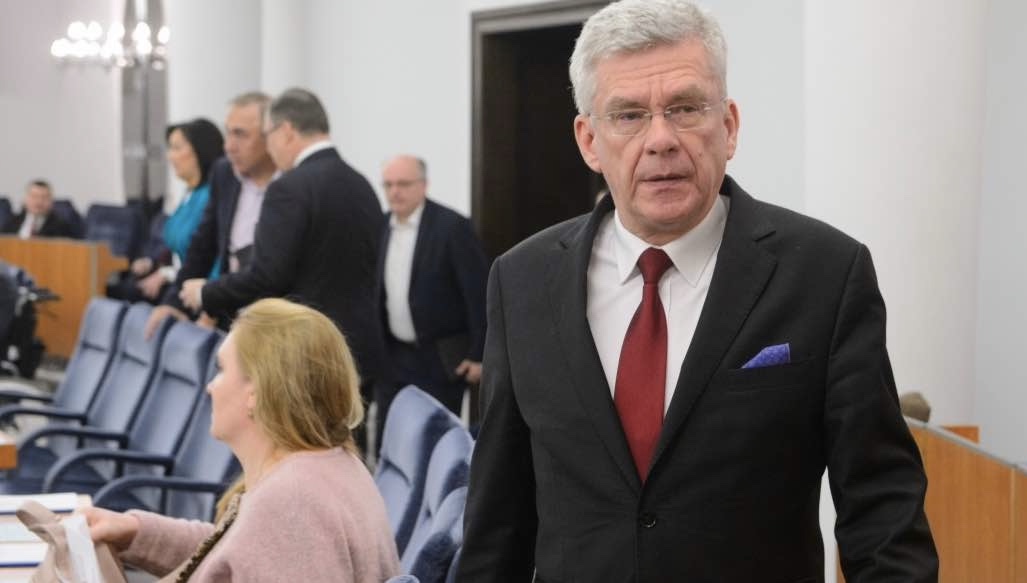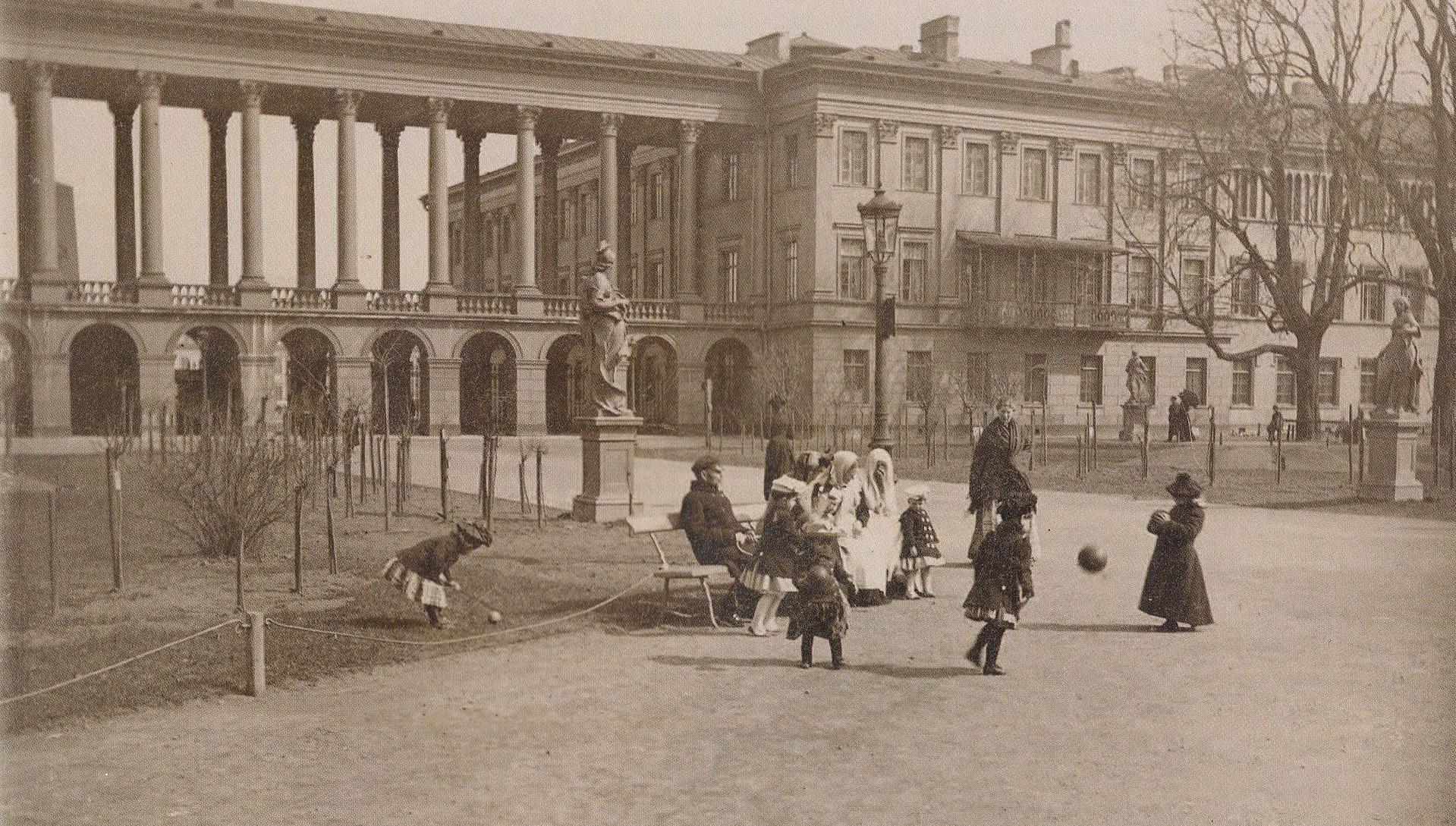A report by the international company Deloitte confirms that residential construction in Poland is developing like never before in history. Poland ranks third in terms of new dwellings completed in 2020, as well as in terms of the number of dwellings per 1000 inhabitants.
The published report, Property Index Overview of European Residential Markets, shows that in terms of new residential units to be completed in 2020, France ranked first (381,000 new units), followed by Germany (306,000) and Poland with over 220,000 units.
“Poland is also at the forefront of countries with the highest number of housing units per 1,000 inhabitants with construction starting in 2020 (5.85 units),” we can read.
“The number of completed dwellings has reached a historical record of above 220,000 (6.7% y-o-y). In addition, the number of issued building permits has recorded an increase of 2.7% y-o-y,” was written.
According to Deloitte, an important indicator in the real estate market is the debt related to taking out mortgage loans and comparing their volume to GDP. In Poland, the rate remains at 35.3 percent. The report indicates that the pandemic has negatively affected the rental segment. Average prices fell in all analyzed cities in Poland: from 6 percent in Warsaw to as much as 17 percent in Krakow in euro terms.
Deloitte is a leading global provider of audit and assurance, consulting, financial advisory, risk advisory, tax, and related services. Deloitte currently has approx. 330,000 people in more than 150 countries and territories.










